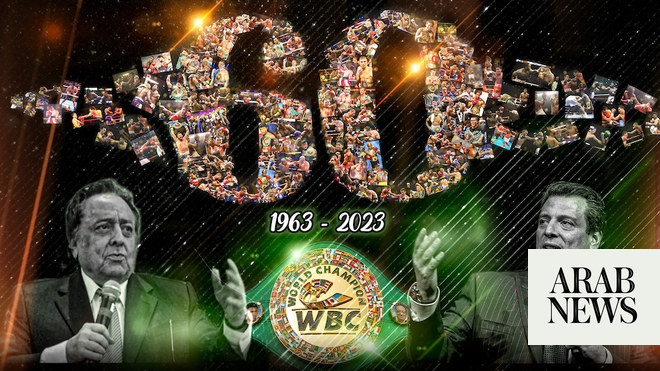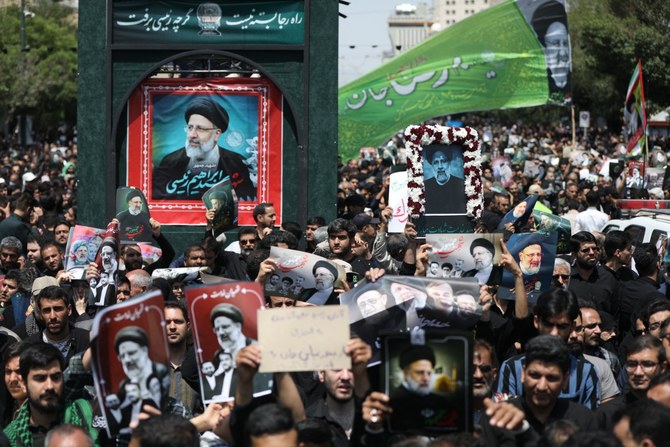
The Islamic Republic marked the 41st anniversary of the 1979 revolution on Tuesday. This occasion is significant for the Iranian authorities across the political spectrum because they can reassert and renew their allegiance to the revolutionary principles of the “nezam” (the political system), the founding father of the theocratic establishment Ruhollah Khomeini, and Supreme Leader Ali Khamenei.
By organizing boisterous celebrations across the nation, the regime also uses the occasion to promote its propaganda, project that it enjoys legitimacy and support in the country, and show critics that it has survived more than four decades.
But we should go beyond this facade and examine what the actual status of this post-revolutionary state is after 41 years. The reality on the ground demonstrates to any astute observer that the regime has fundamentally failed and is bankrupt across the political, economic and social landscapes.
One of the best parameters to look at is the Iranian people’s view of the regime. We saw it through several waves of protest in 2019, demonstrating that vast sections of the Iranian population no longer believe that a politician within this theocratic establishment can reform the system. They have given up on moderates, centrists or reformists. The eight years of the presidency of the so-called reformist Mohammed Khatami between 1997 and 2005 gave the people no social justice or positive outcomes.
The people’s last hope appeared to be the centrist, Hassan Rouhani. With the slogan of “hope and prudence,” Rouhani came to power in 2013 and pledged to reform Iran’s economic system, improve human rights, and make the country a respectable state actor through international diplomacy. At first, Iranians thought the country was finally moving in the right direction, as Rouhani sealed the nuclear deal with the P5+1 (the US, China, Russia, the UK, France and Germany) in 2015.
The people have come to the realization that this post-revolutionary regime is unable to be reformed
Dr. Majid Rafizadeh
But soon the population saw that the regime had not changed whatsoever. The sanctions relief did not trickle down to the ordinary people, with the extra revenue instead being funneled into the treasury of the Islamic Revolutionary Guard Corps and its affiliates, including the Quds Force, the paramilitary group the Basij, and the dozens of militias and terror groups that the regime supports across the Middle East.
After 41 years, people have become totally disillusioned with the mullahs’ revolutionary system. Their patience has been eroded and they have come to the realization that this post-revolutionary regime is unable to be reformed.
Now the question for the Iranian population is no longer who they should elect to bring about fundamental changes to the system, but how to remove the regime from power. One of the most interesting chants in Iran’s recent protests was, “Reformists, hard-liners, the whole game is over,” which reflects the desire for regime change.
The following slogans have also become the cornerstone of almost every protest that erupts across the nation: “Death to Rouhani,” “Death to the dictator,” “Free all political prisoners,” “Leave Syria alone, think about us instead,” and “Death to Hezbollah.” Others have chanted, “Forget Gaza, forget Lebanon; I’d give my life for Iran,” and “Death to Khamenei” — an offense that could carry the death penalty.
The revolutionary regime has completely mismanaged the economy, which is currently facing one of its worst periods since the establishment of the Islamic Republic in 1979. Even President Rouhani admitted for the first time in November that the “situation is not normal,” and that the Islamic Republic is going through “one of its hardest years since the 1979 Islamic revolution.” Inflation is at a record high and Iran’s currency has become almost worthless, as the rial is trading locally at about 135,000 to the dollar. What has contributed to this dire economic situation is the widespread corruption within the theocratic establishment, the mismanagement of the economy, embezzlement and money laundering within the banking system, and the hemorrhaging of the nation’s wealth on militias, terror groups and proxies across the region.
In addition, the schism within the theocratic establishment is too deep to bridge, as politicians are battling with each other over whether they should pursue a policy of pragmatism in order to ensure the survival of the Islamic Republic, or whether they should continue prioritizing its revolutionary principles and ideals.
The Islamic Republic is marking its 41st anniversary, but it is also marking the bankruptcy of its political and economic system. The theocratic establishment continues to die a slow death, as the tumultuous history of Iran’s revolution has proven that this regime cannot fundamentally reform itself.
• Dr. Majid Rafizadeh is an Iranian-American political scientist. He is a leading expert on Iran and US foreign policy, a businessman and president of the International American Council. Twitter: @Dr_Rafizadeh
Disclaimer: Views expressed by writers in this section are their own and do not necessarily reflect Arab News" point-of-view












